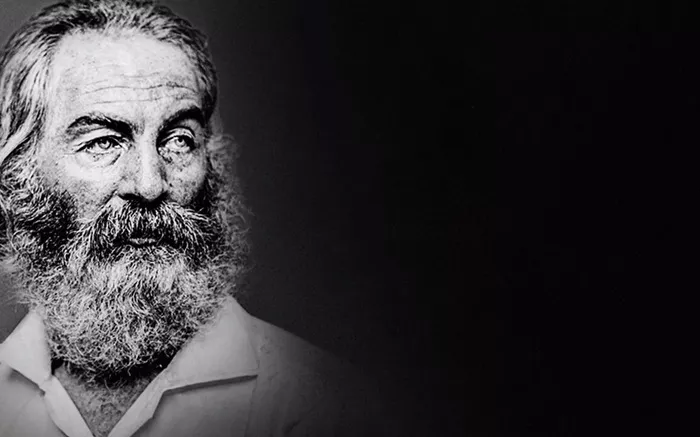Welcome to Poem of the Day – Behavior by Walt Whitman.
Walt Whitman, an iconic figure in American poetry, is known for his distinctive style and his ability to capture the essence of the human experience. In this article, we will explore one of his works, “Behavior,” which reflects on the way people interact with one another and how their actions reveal their true nature. Whitman’s exploration of human behavior offers a unique perspective on individuality and societal connection. This article will explain the central themes of the poem, its use of literary devices, and how Whitman’s style enhances the meaning of his work.
Behavior Poem
BEHAVIOR–fresh, native, copious, each one for himself or herself,
Nature and the Soul expressed–America and freedom expressed–In it
the finest art,
In it pride, cleanliness, sympathy, to have their chance,
In it physique, intellect, faith–in it just as much as to manage an
army or a city, or to write a book–perhaps more,
The youth, the laboring person, the poor person, rivalling all the
rest–perhaps outdoing the rest,
The effects of the universe no greater than its;
For there is nothing in the whole universe that can be more effective
than a man’s or woman’s daily behavior can be,
In any position, in any one of These States.
Behavior Explanation
The Essence of ‘Behavior’
In “Behavior,” Whitman delves into the concept of human actions and the impact they have on others. The poem suggests that our behavior is not just a reflection of personal choice but also a mirror of our deeper values and beliefs. Whitman emphasizes the significance of how one presents oneself in the world, particularly in terms of interaction and communication with others. He argues that our behavior speaks louder than words, revealing the essence of who we truly are.
The Theme of Individuality
One of the prominent themes in “Behavior” is individuality. Whitman often celebrates the individual’s uniqueness and freedom in his works, and this poem is no exception. The poem calls for an appreciation of one’s behavior as a reflection of the soul, encouraging individuals to express themselves freely and confidently. Whitman sees the act of behaving with integrity and authenticity as a form of self-expression that transcends societal expectations or superficial judgments.
Connection to the Larger Community
Despite the focus on individuality, Whitman also touches on the interconnectedness of people. In “Behavior,” the poet suggests that our behavior impacts not only ourselves but the community at large. Each action, no matter how small, ripples through the fabric of society, influencing others and shaping the collective experience. Whitman’s portrayal of human behavior in this context encourages readers to consider the greater implications of their actions and how they contribute to the well-being of the community.
Literary Devices and Style
Whitman’s use of literary devices in “Behavior” strengthens the message of the poem. His characteristic free verse style allows him to explore complex themes without the constraints of rhyme or meter. This openness mirrors the poem’s message of self-expression and freedom. Additionally, Whitman’s use of repetition and parallelism emphasizes the idea that behavior is a constant and powerful force in human interaction. His language is direct and simple, yet it carries a depth of meaning that invites readers to reflect on their own actions and behavior.
The Impact of ‘Behavior’ on the Reader
“Behavior” serves as a reminder of the power of personal conduct in shaping both the individual and the community. Whitman’s words encourage readers to examine their own behavior, not just as a reflection of their inner selves, but as an influence on those around them. The poem urges readers to adopt a sense of awareness and responsibility in their actions, fostering a more harmonious connection with others.
Conclusion
Walt Whitman’s “Behavior” is a powerful reflection on the role of human actions in defining personal identity and fostering societal connections. Through his exploration of individuality, interconnectedness, and the power of behavior, Whitman encourages readers to be mindful of how they interact with the world. The poem stands as a reminder that our behavior speaks volumes about who we are, and it shapes the communities we are part of. By embracing authenticity and integrity in our actions, we can contribute positively to the world around us.

